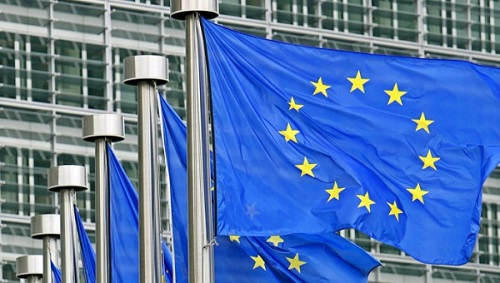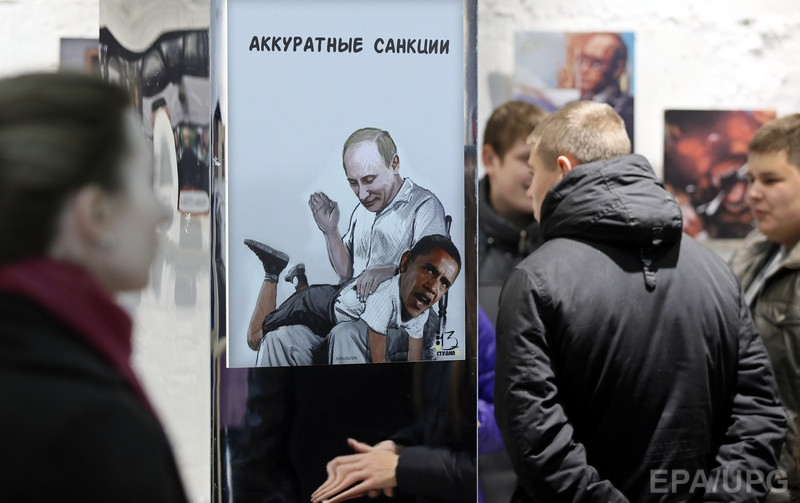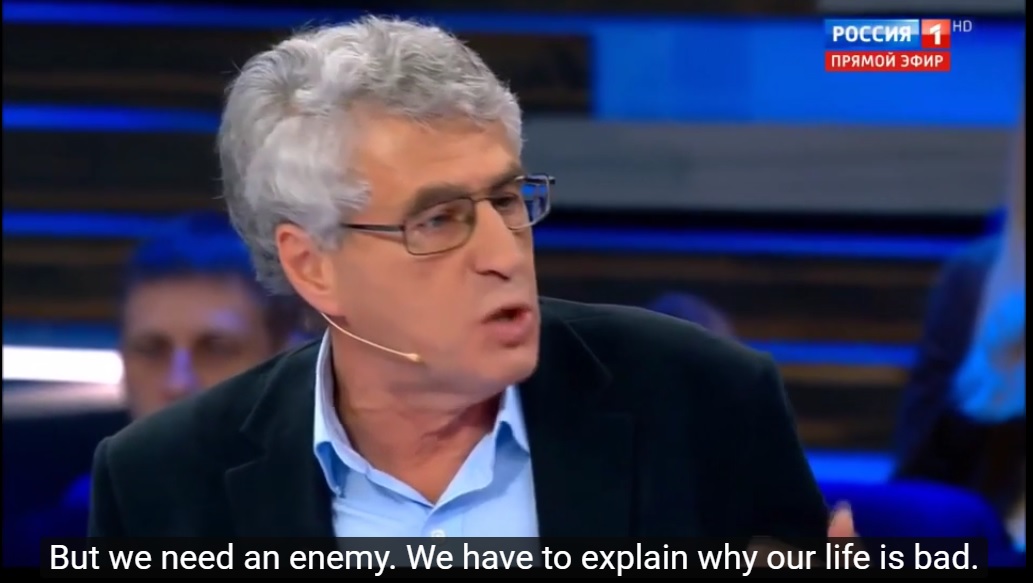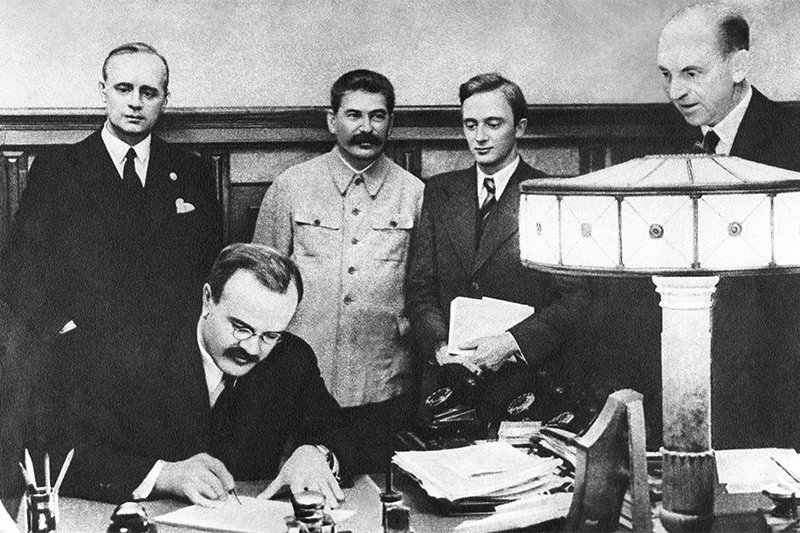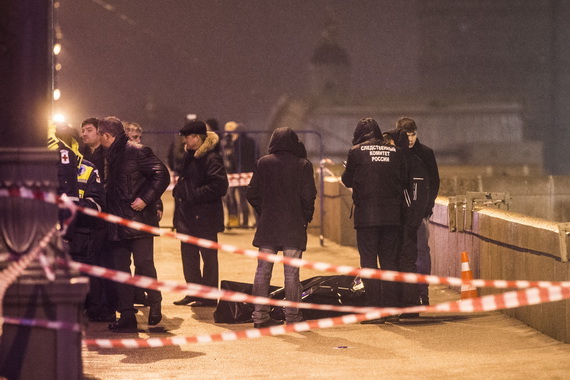The Anti-Corruption Foundation, the brainchild of Russian top political blogger and opposition activist Alexey Navalny, has been explaining the essence of each stage of Western sanctions against Russia over the Ukrainian crisis. As new sanctions were introduced this Friday, an in-depth analysis of the new stage was published in Alexey Navalny’s standalone blog.
According to the Foundation’s investigation department, the Russian banks the terms of European loans for which had previously been limited to 90 days, had that limit cut to 30 days, thus “increasing the cost” of investment. Among those banks are the most prominent Russian banks connected with Putin’s inner circle live VTB and Gazprombank. Another hit went to leading Russian oil and defense companies (like the state oil mogul Rosneft or the tank giant Uralvagonzavod) banned from operating with any equities with payment terms over 30 days. Other military and high-tech weapons companies, like the famous firearms producer Kalashnikov, faced a ban on acquiring any products or technologies fit for military-industrial use.
Apart from that, the EU has expanded its asset freeze list, among them a Russian parliament member Babakov, whose villa and apartment in France the Anti-Corruption Foundation exposed back in 2013. Freezing those particular assets could prove problematic, as the real estate officially belongs to a company founded by Babakov’s wife, currently not on the sanction list.
The US sanctions somewhat mirror the EU’s with limiting several more banks to 30-day loans and extending the 90-day loan limit to oil companies. Several oil and gas tycoons, including Gazprom, Rosneft and LUKoil, will not receive any aid to prospect and extract oil on the continental shelf, in the Arctic and in the deep sea, be it products, services or technologies. Lastly, 5 new Russian defense companies found themselves on the infamous SDN list, forbidding any operations whatsoever with them to any US national.
“Including LUKoil and Surgutneftegaz into the US sectoral sanctions is the next serious warning to the Russian government, as these are the first truly private companies on the sanction list, previously targeting only companies run by the state or Putin’s cronies.”
-anti-corruption expert Nikita Kulachenkov
The first waves of sanctions, Kulachenkov believes, was a message to Putin’s friends to tell their patron to stop or their business would suffer. However, an interview given by Gennadiy Timchenko, a prominent oligarch close to Putin, indicated that he did not really consider the business as his own, but rather belonging to Putin’s clan as a whole, and Putin was willing to risk that property in the conflict with the West.
The sanctions targeting companies like LUKoil, that does not owe its success to cronyism and corruption, the report argues, is a message from the US to the private businesses that by continuing with their silent support of Putin’s actions they could suffer losses and see development prospects cut off. According to this logic, the private business owners could think of taking their chance to unite and voice their discontent with Putin’s policy.
Another message the Anti-Corruption Foundation discerns from the new sanctions is a visible approximation of the measures taken by the US and the EU. The previously moderate stance of the EU dictated by unwillingness to suffer losses from sanctions, Kulachenkov suggests, could either become less moderate under US pressure or be motivated by a significant increase of the risks Putin presents to Europe. The Europeans, the article concludes, may be finally ready for significant expenses to reduce those risks.




